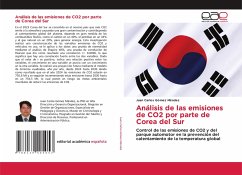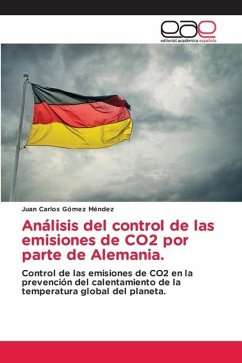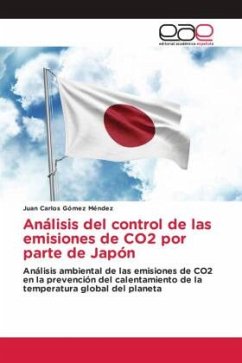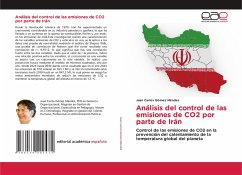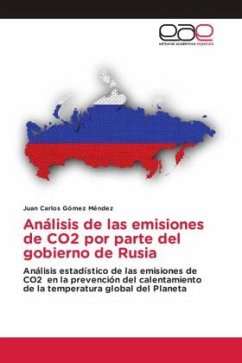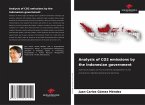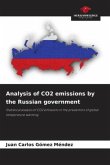In 2023, South Korea will become the ninth country that emits the most CO2 into the atmosphere, causing great pollution and contributing to global warming. It depends heavily on fossil fuels, such as coal (40%), oil (34%) and natural gas (20%), to generate energy. This research conducted a characterization of the variables CO2 emissions and vehicles in use, a normality test was applied to the data through the Shapiro Wilk analysis, a Pearson correlation test that resulted in a correlation r= 0.8498, which means that there is a strong correlation between the two variables. Since the r value is positive, it indicates a positive relationship between the variables, growth in one variable is associated with growth in the other variable. A future projection was made using the least squares model, year by year, from 2024 to 2030, with the result that in 2024 CO2 emissions will be 702.6 Mt and these emissions will continue to increase until 2030 up to 754.5 Mt, which puts at risk the global environmental goals of reducing CO2 emissions.
Bitte wählen Sie Ihr Anliegen aus.
Rechnungen
Retourenschein anfordern
Bestellstatus
Storno


